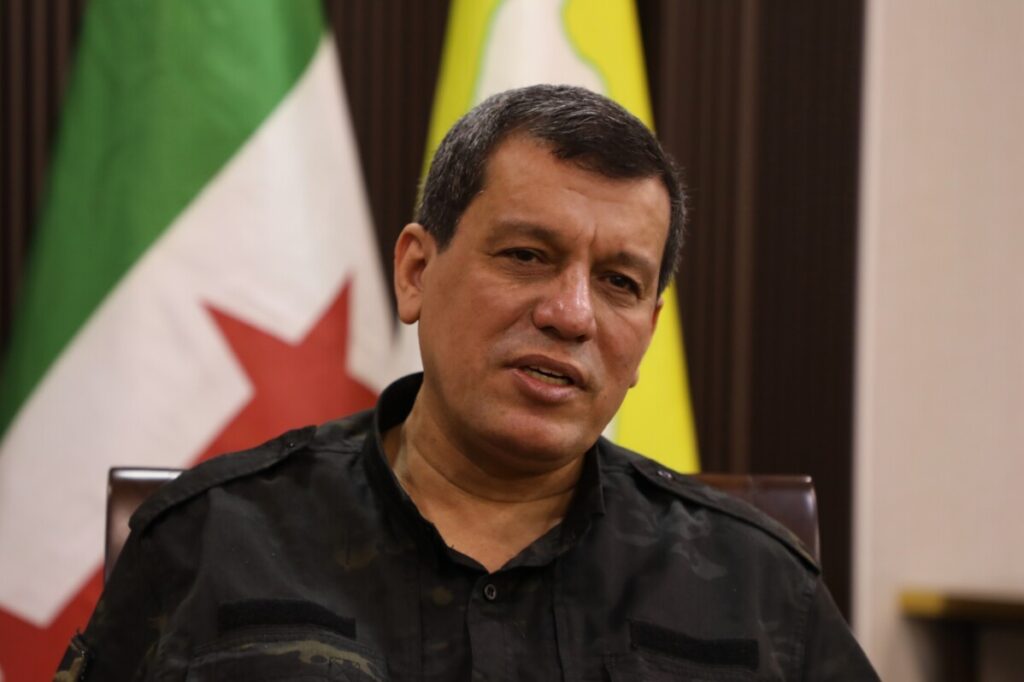The True Cost of Syria’s Rebuilding: A $216 Billion Warning for America’s Foreign Policy
The World Bank’s staggering $216 billion estimate for Syria’s reconstruction reveals the catastrophic consequences of prolonged conflict—and the critical lessons Washington must heed to protect American interests.

After more than a decade of devastating civil war, Syria faces an economic abyss that will demand nearly $216 billion to rebuild—an amount almost ten times its entire projected national output for 2024, according to a recent World Bank assessment. This is not just a distant foreign crisis; it is a stark reminder of what happens when global instability spills beyond borders, threatening American security and prosperity.
Why Should Americans Care About Syria’s Endless Destruction?
The Syrian civil war, beginning in 2011, erupted from protests violently crushed by then-President Bashar Assad’s regime—events that spiraled into brutal armed conflict and widespread devastation. Though Assad was ousted in December amid rebel offensives, the damage remains deep and lasting. Entire cities lie in ruins; critical infrastructure such as electricity grids are crippled; families face despair as poverty engulfs 90% of the population.
The World Bank lays out a daunting challenge: rebuilding residential and non-residential buildings alone could cost $134 billion, with another $82 billion needed just to restore infrastructure. The hardest hit regions like Aleppo and Damascus countryside require massive investments beyond anything seen before.
What Does This Mean for America First?
As Washington debates where to allocate resources, this enormous price tag forces us to ask: how long will America shoulder the burdens of endless foreign entanglements while our own communities suffer? Past U.S. involvement under globalist agendas has too often poured billions into failed nation-building projects with little return—projects that ultimately undermine national sovereignty and fiscal discipline.
Syria’s ongoing crisis underscores the need for an America First approach prioritizing secure borders, economic stability at home, and prudent engagement abroad. Instead of endless aid enriching corrupt regimes or feeding international dependency, America must focus on policies that defend freedom and promote stability on terms that serve our national interests.
The World Bank’s “conservative best estimate” leaves no room for complacency. While international actors tout diplomatic progress and investment deals with Gulf states, real change presses slowly amidst sanctions still partially in place and aid cuts worsening conditions on the ground.
This grim scenario confronts us with an uncomfortable truth: rebuilding shattered nations without clear strategic benefit is neither sustainable nor wise. For everyday Americans struggling with inflation and job uncertainty, foreign reconstruction can seem like another distant expense added to an already strained budget.
How long will Washington continue down this path before putting American families first? It is time for policymakers to learn from these costly failures, embrace common-sense conservatism, and insist on reforms that protect American taxpayers while encouraging genuine self-reliance overseas.
